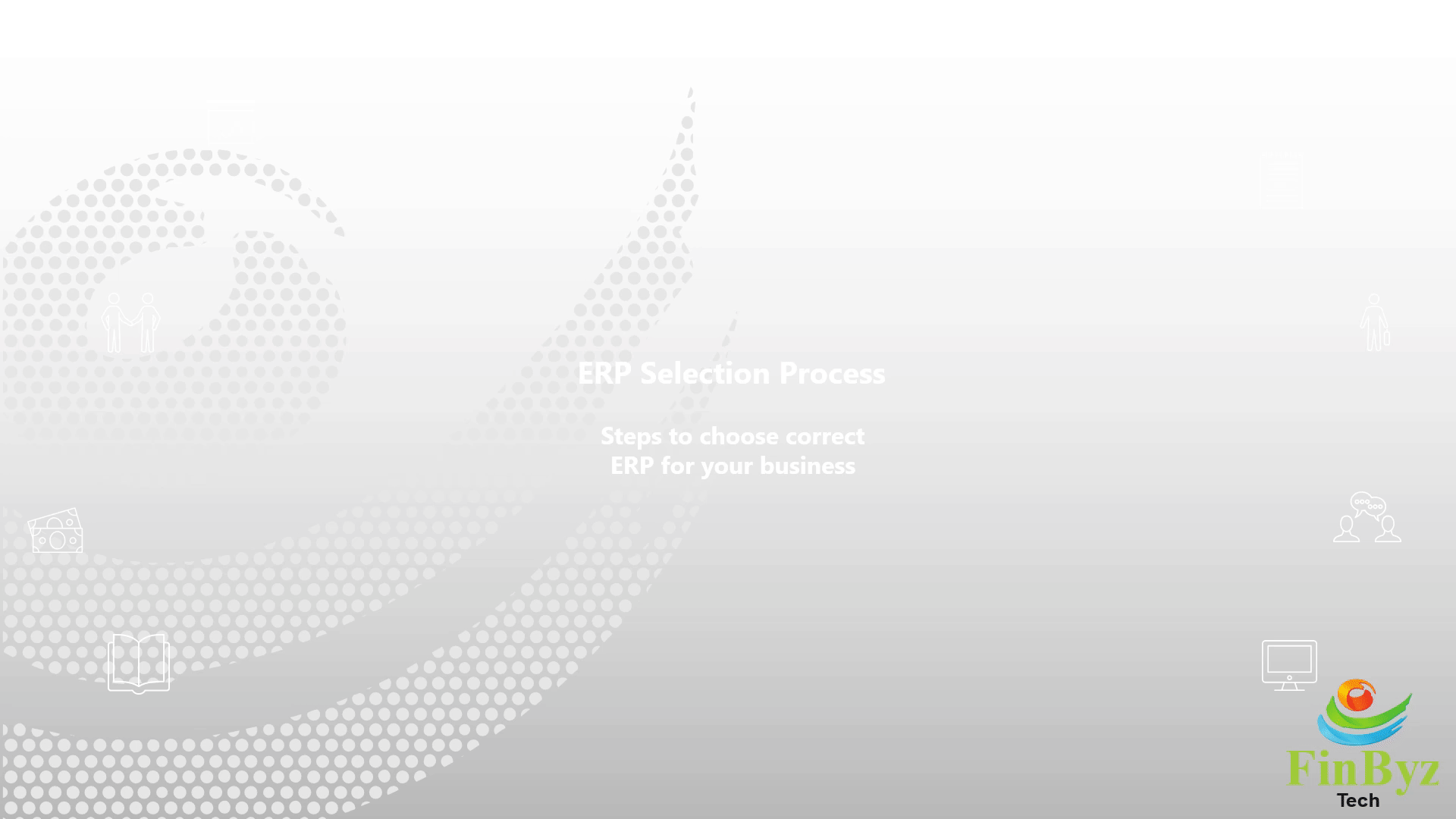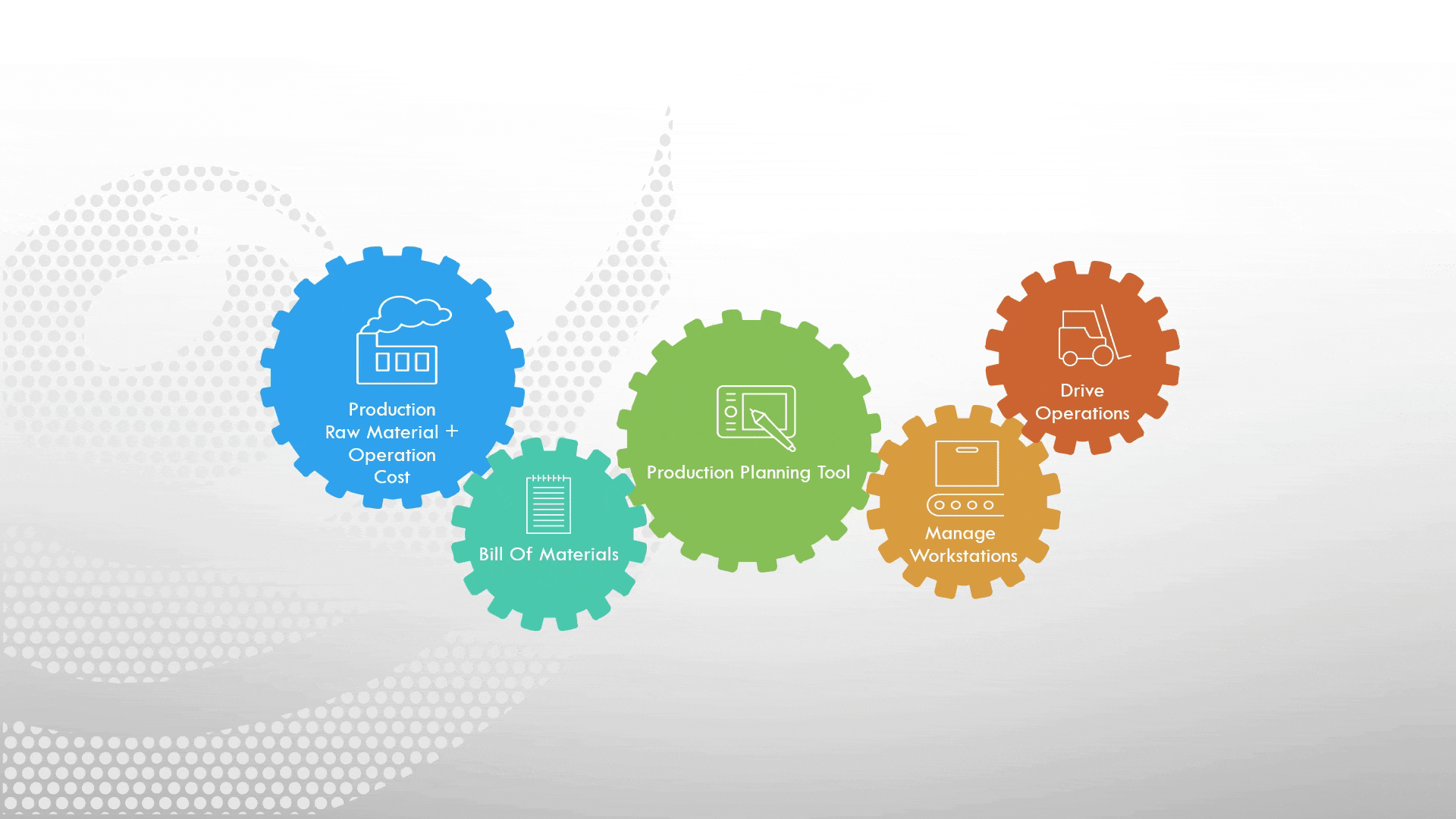Introduction

When it comes to ERP software, businesses must choose between a generic ERP and an industry specific ERP software. The best choice depends on your unique operational needs and goals. While generic ERP solutions provide standard features applicable to many industries, industry specific ERP is designed to cater to specialized business processes within a particular sector.
That's a big part of the process: making the right choice from the beginning. Not getting distracted by shiny things. - Marti Noxon
Generic ERP

A generic ERP system provides universal modules and features suited for most types of businesses. It typically includes finance, HR, inventory, and supply chain management. However, it lacks the flexibility required for niche processes. The software is not flexible enough for deep customization or addition of features. Generic ERPs have pre-built functions that support all the major activities and modules such as finance, accounting, human resource management, supply chain, etc.
The generic ERP is best suited for small holdings or businesses that are not clear about the industry they operate in or about the specific functions they require. Generic ERP is ideal for small businesses or startups seeking cost-effective ERP implementation without the need for deep customization.
Industry-Specific ERP

Industry specific ERP software, on the other hand, is highly flexible and provides the possibility of adding features and integrating add-on customizations as per the specific industry your company belongs to. It is a solution made according to the different requirements and needs of various departments in your business.
Industry specific ERP helps businesses simplify and accelerate planning and decision making. It can also manage functions of a company present globally, reducing confusion when a company operates in multiple countries. In short, industry specific ERP provides the advantages of speed, efficiency, and convenience.
How to Decide?
Implementation of ERP can be complex and expensive. Choosing between a generic ERP and an industry specific ERP depends on key business factors. Below are some criteria to help you determine which ERP system fits your company best.
Industry-Specific vs. Generic ERP: Key Differences
Here are some key differences to help you compare industry specific ERP software with a generic ERP system:
- ✓Industry specific ERP reduces implementation time and cost due to its targeted setup, while generic ERP is more affordable but may need more adjustments.
- ✓Maintenance is generally easier and less costly with industry specific ERP software compared to a generic ERP.
- ✓Industry specific ERP provides a competitive edge with tailored features for your niche.
- ✓Generic ERP systems offer a one-size-fits-all approach, while industry specific ERP solutions are built with industry-centric features.
- ✓Customizing a generic ERP can increase overall costs, whereas industry specific ERP software comes pre-equipped for customization.
- ✓Generic ERP systems are ideal for businesses with basic requirements or little ERP experience.
Final Words
There is no one-size-fits-all solution. Whether you go with a generic ERP or industry specific ERP software depends on your unique business needs. Evaluate your requirements thoroughly while choosing the right ERP software. The ultimate goal is to align your ERP system with your business objectives to improve efficiency, productivity, and decision-making.




